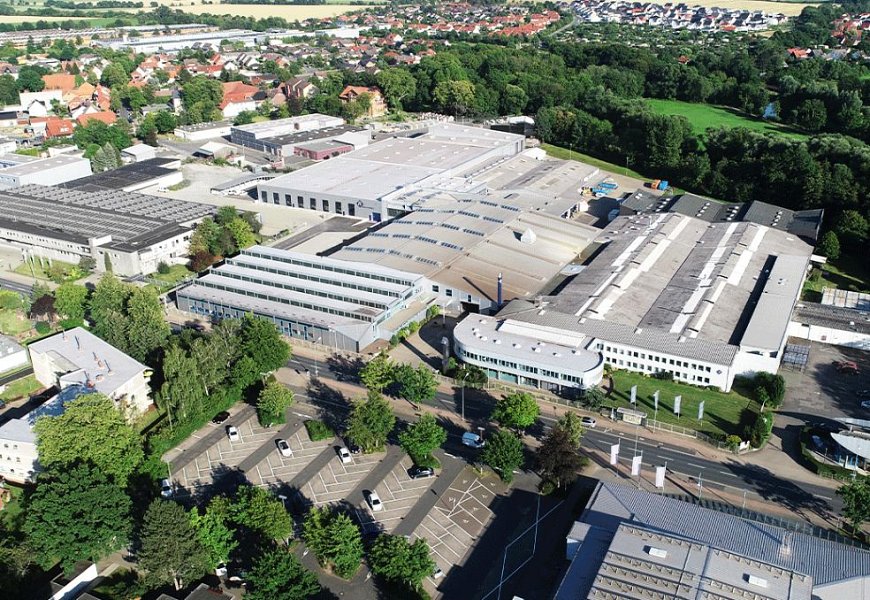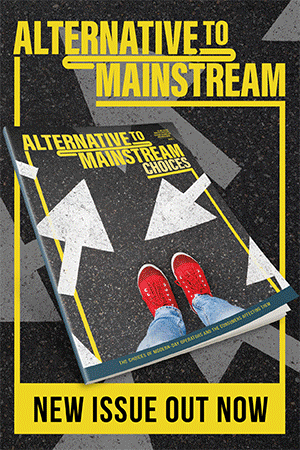MKN strives to make a lasting impact
The company has recently made a series of investments to reduce the environmental impact of its manufacturing operations

In order to reaffirm its commitment to sustainable performance, MKN has made a series of investments to reduce the environmental impact of its manufacturing operations.
Commenting on this initiative, Wayne Bennett, MKN’s VP sales and marketing UK and Ireland,says:: “With rising energy costs and greater regulatory pressure, sustainability tops the agenda for clients in all sectors now. We’re working hard to help make a difference both to our own emissions, and for those of our customers.
“When we address sustainability, we take a holistic approach that not only focuses on our own processes, but also on how we collaborate with our suppliers and support the wider society. Aside from the investments made across our manufacturing operations, we recognise our responsibilities to support end users by developing products that operate reliably and efficiently for many years, whilst consuming as little energy and water as possible.”

Accordingly, the introduction of a new automatic production line at MKN’s HQ in Germany includes a 45-metre-long, energy-efficient laser-cutting machine for stainless steel, which has halved energy consumption by up to 50% compared with traditional laser cutting and bending technologies.
In addition, MKN’s new production house needs almost no heating due to advanced insulation measures, while the manufacturer will have installed 1MW of solar PV on its manufacturing facility by Summer 2024, which will provide one-third of all electricity needed on site.
Further, an innovative new precision-fit packaging machine is delivering savings of around 50% on packaging materials for accessories and spare parts, whilst also improving utilisation of freight space to streamline deliveries and reduce emissions.
MKN also continues to source materials and components locally where possible, with 80% of parts bought from Germany and 98% from within central Europe, for shorter transport routes, enhanced quality control and a lower carbon footprint.








